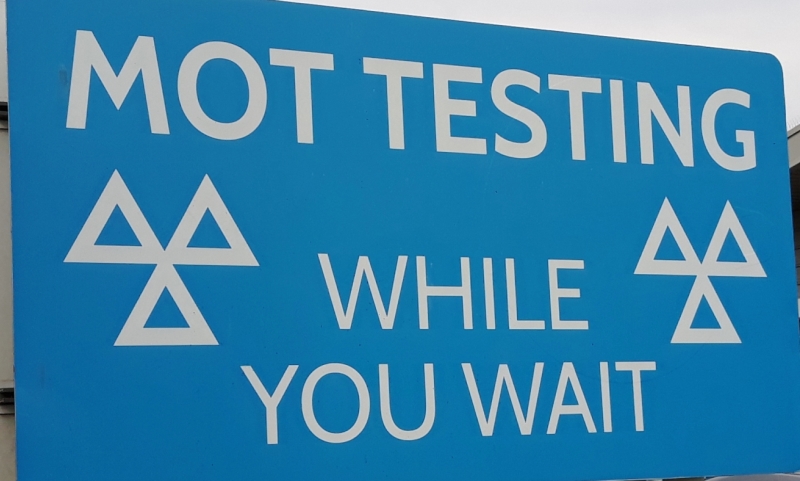
More than half of car owners who had an MOT due between 30th March and 31st July 2020 chose to use the six-month extension to delay their vehicle’s test beyond the expiry date on their existing certificate.
According to a YouGov poll commissioned by The Motor Ombudsman, 56% took advantage of the scheme, while nearly three-quarters (72%) who had opted to prolong the annual safety assessment, have followed government advice and carried out regular maintenance checks on their car in the meantime.
Those living in Scotland, and vehicle owners aged over 55 years were the most conscientious when it came to routine maintenance, with 91% and 76% of people in these respective groups stating that they had kept or are keeping a regular eye on their car.
Conversely, 22% had not paid any attention to their vehicle or could not recall doing so (6%), with 25 to 34-year-olds and individuals residing in the South being the least likely people to look under the bonnet to see if anything had to be topped up (27%).

The study also found that making tests mandatory from 1st August has done little to create a renewed sense of urgency to book a test, with only 29% of people that had passed the original expiry date, stating they had done so.
“The results of our study and wider industry data clearly shows that there is cause for worry, due to the number of potentially unsafe cars on the road that have not had their MOT,” said Bill Fennell, Chief Ombudsman and Managing Director of The Motor Ombudsman.
“This is compounded by the concern that the recent government announcement has created very little impetus to buck this trend. If their personal situation allows, and with many garages and repairers once again opening their doors following the lifting of recent lockdown restrictions, we are urging consumers to take their cars for the annual assessment as soon as possible.
“This means that they will have a better chance of securing a booking, and will also help to alleviate a large build-up of outstanding tests that could leave MOT stations unable to cope at a later date.”
 Automotive Blog Automotive Blog brings you the latest news, car reviews and information on the automotive industry.
Automotive Blog Automotive Blog brings you the latest news, car reviews and information on the automotive industry.



